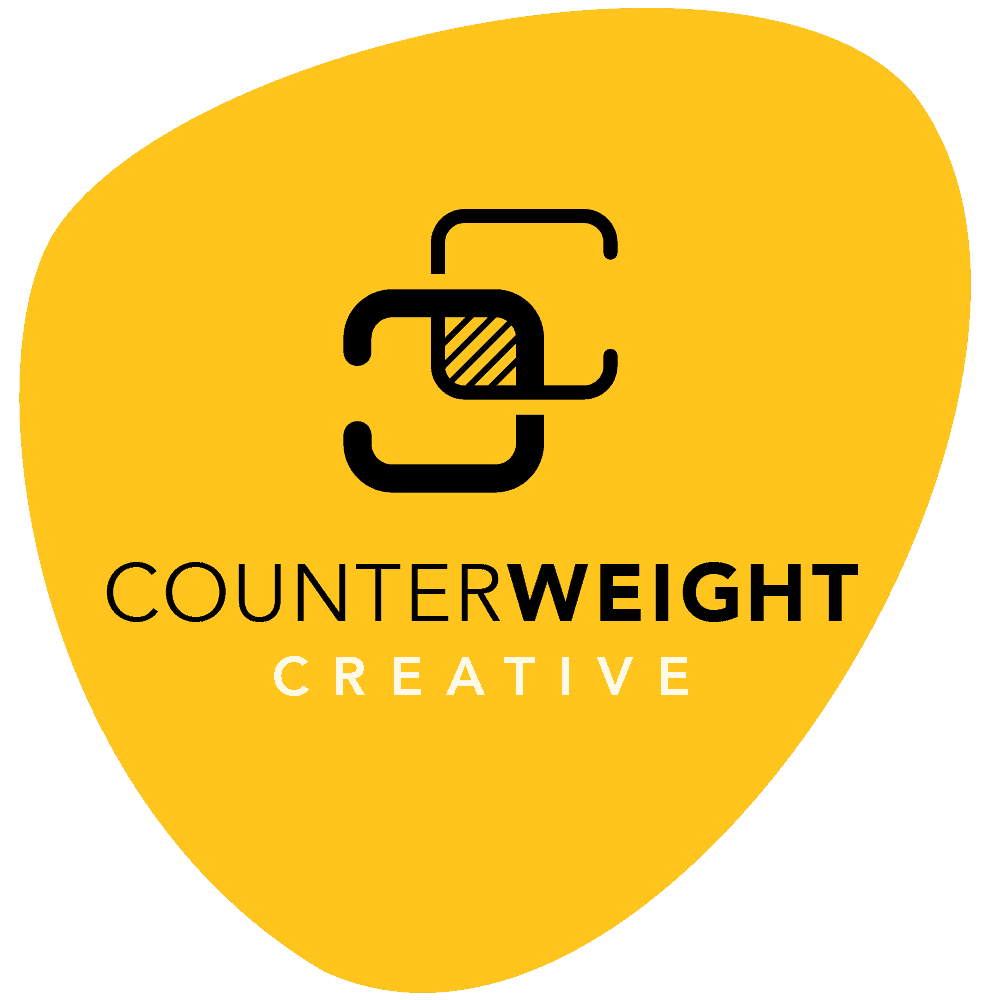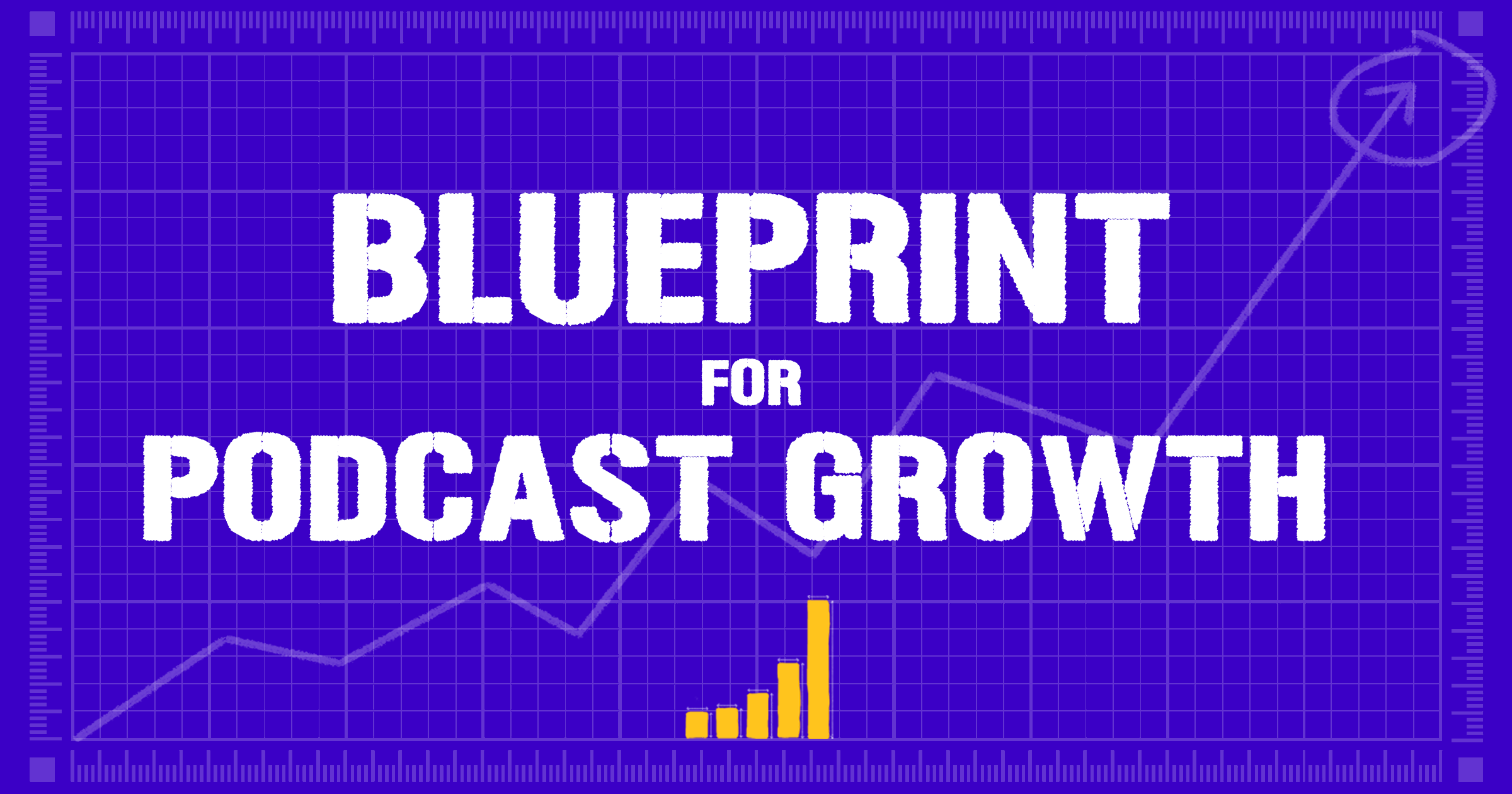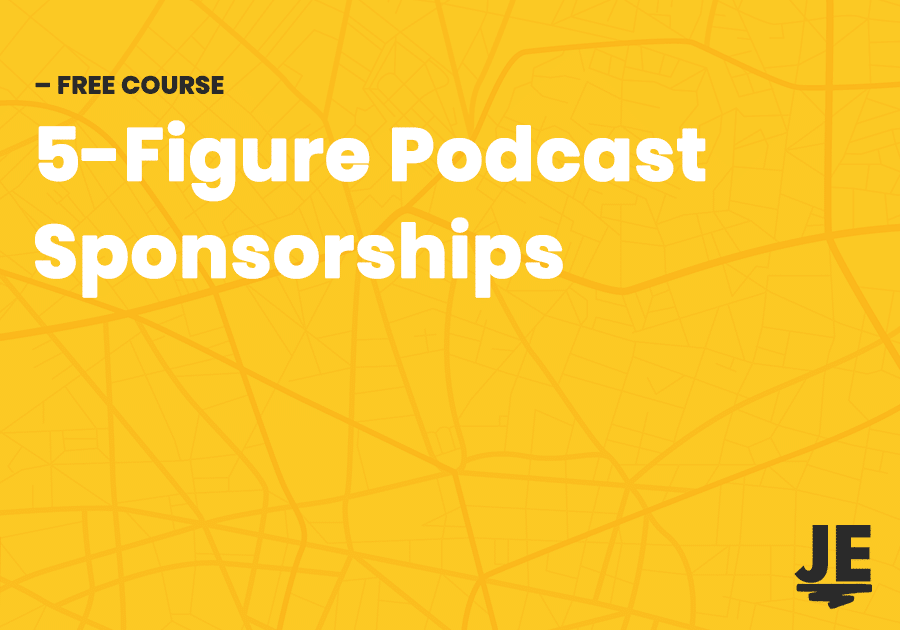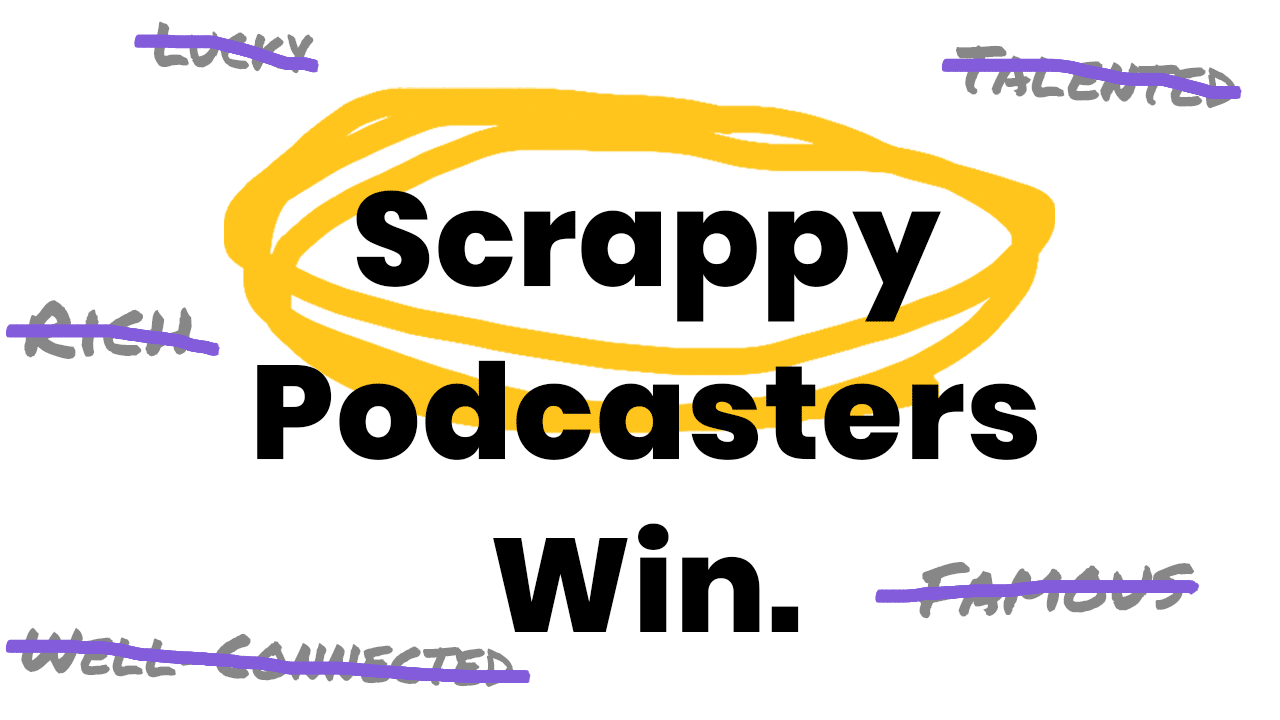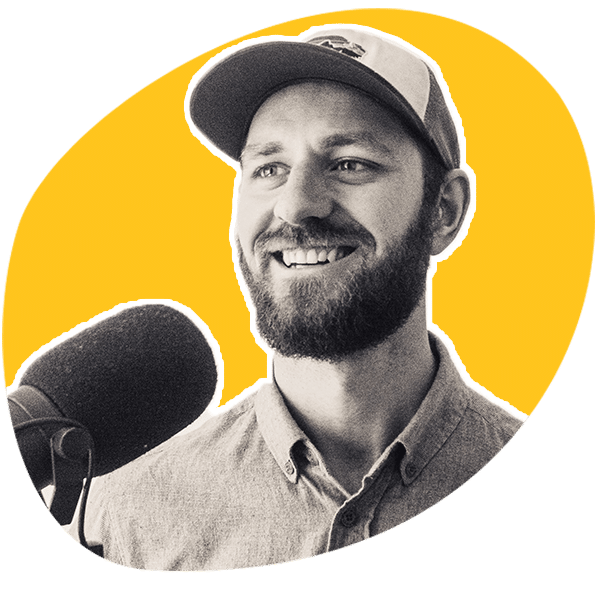A lot gets made over podcasting’s so-called “Discoverability Problem,” the perceived difficulty of allowing listeners to easily discover relevant podcasts.
I call BS.
Here are five quick thoughts on how to fix the discoverability problem for your show.
1. Realize That Your Problem Is Not Unique
Podcasters are far from alone in their quest to get their product in front of the people who could use and enjoy it, if not people who are already actively looking for it.
Almost every business that has ever existed has faced this challenge at some point, and the ones that were successful found out how to connect with their target audience.
There are examples all around us, from other podcasters to businesses to authors trying to get found on Amazon. The roadmap is there for the taking.
2. Take the Lead
Instead of waiting for podcasting apps and platforms to deliver the breakthrough development that will take your show and drop it into the lap of every one of your ideal listeners, you need to take the lead in getting in front of your audience and introducing yourself.
I recently heard an interview with author and blogger James Clear where he said that he only stopped promoting his book Atomic Habits (his first book and a massive success by the way) because there was no one left to promote to.
Think about that.
He’d guested on every relevant podcast, guest posted on every relevant blog, done every relevant radio and TV spot, told every one of his personal connections, who likely told many of theirs.
It’s safe to say that almost every person who’s looked into the field of habits and productivity in the past year since his book came out is aware of both James and his book.
The lesson we can all learn from James that we can stop promoting when there’s no one left who’s not already aware of us. This doesn’t mean that they like us or our show, but at least they’re aware of us.
Guest on relevant podcasts, write guest blog posts, become engaged in relevant Reddit channels and Facebook groups (no I don’t mean podcasting groups), go to events and conferences in your industry or niche.
Get the word out.
3. Go Niche
Yes, there’s ever-increasing competition from big brands and networks, but if you aim narrow enough, you don’t need to worry about them.
“Professional” podcasters need to aim wide in order to recoup their often huge production costs through ad revenue and user/customer signups. They’re not targeting small niches with only a few thousand potential listeners.
But you can, and you should.
By starting small and setting the goal of becoming the very best in the world for a small, defined group of people, you can become indispensable to them and gain a foothold to expand into the larger niche from there if you so choose.
There is always a neglected subset of people in any niche. Find those people in your niche, and become their everything.
4. Raise the Bar
As podcasting becomes more competitive and bigger marketing and production budgets enter the space, the bar is being steadily raised.
To be fair, the bar was pretty low to begin with, at least at the level of the average podcaster.
Sure the big shows in any niche had good enough sound quality, many had great content, but listen to many a show in the middle of the curve and you’d be lucky to make it through an episode without dropping off due to either boredom or annoyingly poor sound quality.
The bar rising on the quality of the average podcast is ultimately a good thing for podcast listeners. As podcasters, we should desperately want people to associate the word “podcasting” with high-quality, engaging media.
The only people who will suffer by a rising bar are those podcasters who refuse to adapt.
Luckily audio quality is easy to fix, even on a budget once you know the basics of recording for podcasting, we actually teach those basics in our Podcast Audio Academy.
Content, however, is where more podcasters will struggle to attain the level they need to reach in order to stand out.
This is because creating remarkable content takes more work than most podcasters are willing to put in.
It takes research, empathy, and understanding for your audience, thoughtful planning all before the actual recording takes place.
But the effort pays off over the long run.
Remember that the bar is going to rise no matter what you do, better to be the one raising the bar for all the other shows in your niche than chasing to keep up with someone else doing the raising.
5. Have Patience
If there’s one thing I reinforce with our clients and the podcasters we interact with over and over and over again it’s that podcasting is a long game.
Especially if you don’t already have an audience and are starting from scratch, you should be ready to commit two years in order to build an audience, and that’s assuming you’re also putting out great content and promoting yourself effectively.
Sure, some people build in less, but I’ve rarely seen someone build a substantial audience in less than a year who didn’t bring an existing audience to their show.
It’s easy to feel the unfairness of some new influencer or business exploding into your niche with a new show and immediately racking up hundreds of thousands of downloads while you’re scraping by on a few dozen per episode.
But remember, they’ve likely put in years of work to build that audience, they just didn’t build it through podcasting.
Now, it’s your turn to put in the work, time and consistent generosity to do the same.
- Why Wouldn’t They Just Google It? - March 14, 2021
- Before You Can Market Your Podcast, You Need To Create A Marketable Podcast - March 11, 2021
- Podcast Promotion & Marketing Are Different (Here’s How to Use Each Effectively) - March 10, 2021
